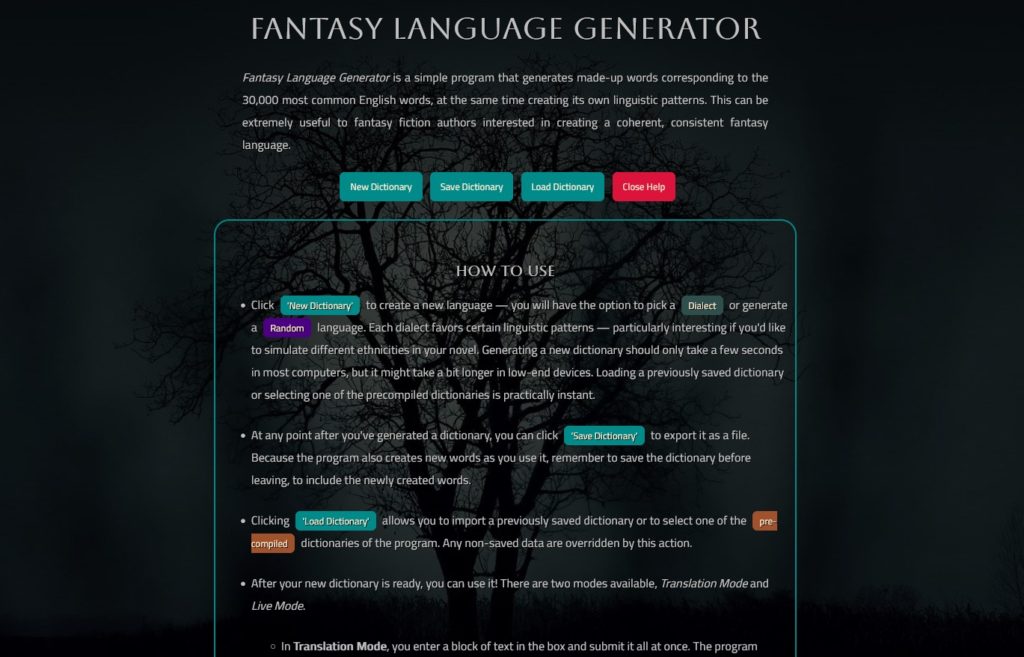I might have mentioned it before: I owe a lot of whatever I know about writing fiction to… Donald Duck. Reading Donald Duck taught me a lot about reading, writing, and writing fiction. Indeed, I learned to read and write before I went to school, thanks to Donald Duck.
My folks got bored of reading stories to me, so I had to figure it out myself. Then later, when I was maybe seven (memory is very thin ice when it comes to factual accuracy), I wrote my first fiction thanks to Donald Duck. You’ve likely read the story on the main Home for Fiction site:
One day, when I was perhaps seven years old, I read a Donald Duck mystery which was divided into two parts. The first one ended in a cliffhanger, and I sadly had no access to the second part. That was seriously devastating. I solved the problem the only way I could: I took pen and paper and wrote the ending the way I imagined it to be. Those three paragraphs were my first work of fiction.
Years passed. I’ve written a lot, I’ve read a lot, I’ve spent twelve years at the university studying and teaching literature, and overall I have a professional, high-level engagement with fiction.
Imagine my surprise when I realized Donald Duck had more to teach me about literature!


